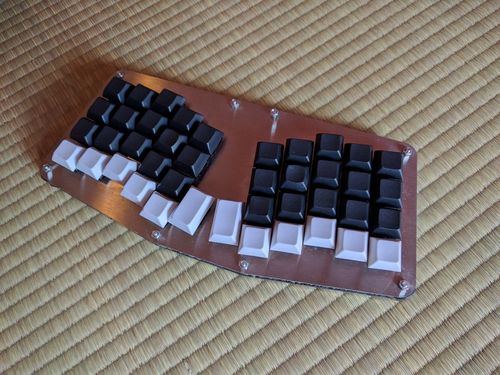
As mentioned in my Working on Android post, I’ve been using a mechanical keyboard for a couple of years now. Now that I work on Flowhub from home, it was a good time to re-evaluate the whole work setup. As far as regular keyboards go, the MiniLa was nice, but I wanted something more compact and ergonomic.
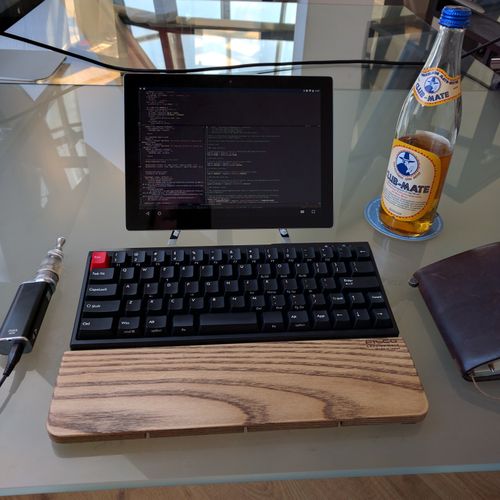
Back in 2013 I was working exclusively on an Android tablet. Then with the NoFlo Kickstarter I needed a device with a desktop browser. What followed were brief periods working on a Chromebook, on a 12” MacBook, and even an iPad Pro.
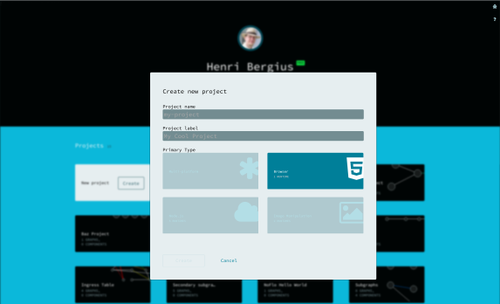
Today I’m happy to announce the public beta of the Flowhub interface for Flow-Based Programming. This is the latest step in the adventure that started with some UI sketching early last year, went through our successful Kickstarter — and now — thanks to our 1 205 backers, it is available to the public.
It has been interesting to watch the reactions to Bret Victor’s The Future of Programming and our NoFlo Kickstarter. While much of it has been supportive, there seems to be a largish group of people that are offended by these notions. How dare we suggest that software could be made in other ways than textually?
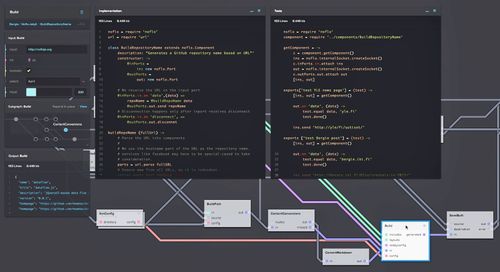
This has been a big week for NoFlo, the flow-based programming environment for JavaScript. Yesterday we released NoFlo 0.4, which added support for running flow-based programs in web browsers. And today we launched our NoFlo Development Environment effort on Kickstarter. Before continuing, make sure to watch the video!
The eagerly waited Leap Motion controller is now out, and reviews are pouring in. Most of them see the promise but find the current experience frustrating:
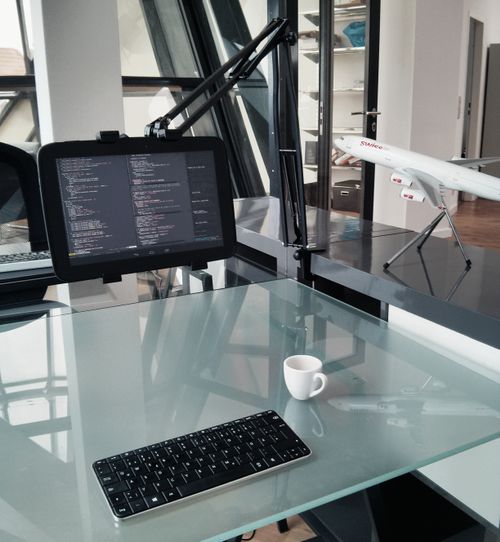
I’ve been working full time on my Android workstation for over a month now, and it is time to write an update about it. How has it worked out?
iPad is three years old now, and many tech blogs are writing stories to reflect what has changed. More than 100 million of them have been sold, alongside other popular tablets like the Kindle Fire and Nexus 7. But originally the reception was quite sceptical.
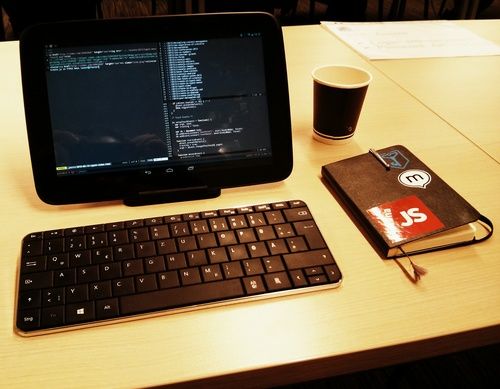
As mentioned in my post Hacker-nomad’s toolkit, 2012 edition, the lease period of my lovely — Linux-driven — 11” MacBook Air expired this month, and I had to consider what kind of gear to go with next.

Back in last July – when choosing photos to use in the epic The Dreams of the MeeGo Diaspora post – I noticed that it is quite fascinating to look at the various tablets and mobile phones we’ve been using over the years. Back then they all were so new, shiny, and exciting, and yet hardware moves so fast that...
Tablet usage is growing rapidly. Ars Technica wrote about an interesting study today:
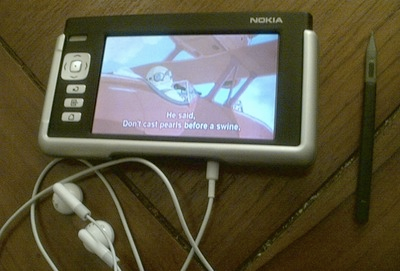
Much has been written about the emerging Post-PC era, about the new possibilities it brings, and the limitations it imposes on developer creativity.
Great post by John Lilly discussing why PC will be the truck:
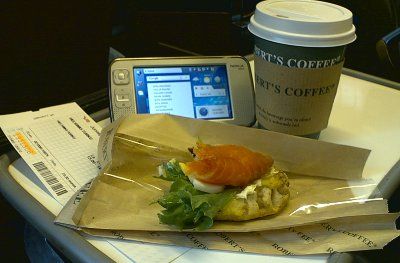
The press is writing a lot about a "post-PC ecosystem" these days, and while many dismiss tablets as simple toys, I think the world of computing is undergoing a major shift. Tablets may not be good for writing, but they are good, probably better than PCs for a lot of other things. And it turns out, people want to be...
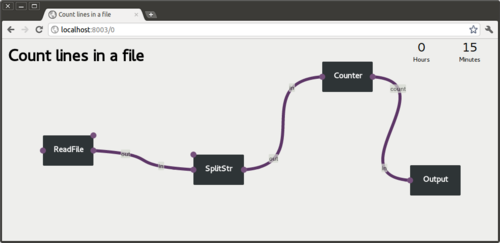
Quite a different way of doing software:
Waterbear is a visual programming environment for JavaScript. Great for teaching programming, and also possibly for developing on devices with constrained text input, like tablets or mobile phones.
Tim Bray on the new mobile market: Tablets and handsets can displace computers as play and reading devices, but they really can't become dominant as work tools until we have a better solution for high-speed low-friction text input. On the other hand, I wouldn’t be surprised to see dramatic progress in this area; it’s so obviously the number-one usability barrier...
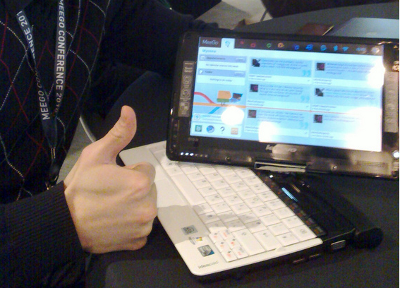
This week in MeeGo Conference all attendees received Lenovo S10-3t IdeaPad convertible netbook/tablet computers from Intel and Nokia. For many of us this was the first time we're actually using MeeGo on a device, and so I thought to post some notes on how it feels. IdeaPad hardware The IdeaPad looks and feels like a typical netbook: cheap plastic construction,...
You can tell this is a big conference: registration is a chaos, and keynote room doesn’t have enough chairs. Lots of familiar faces! This is like half of this year’s conferences compressed together.
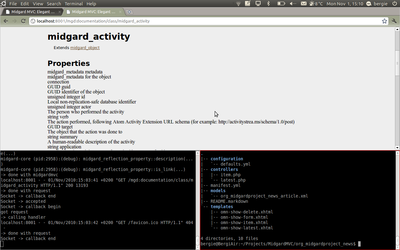
Last spring I wrote about the improvements in focus you get from single-tasking mobile and tablet environments where everything practically runs as full-screen. I quoted Om Malik: In many ways, the iPad's lack of multitasking ability makes it worthy of focusing on just the task at hand. In my brief usage of the device at the time of its unveiling,...
One of the key complaints about iPad has been its lack of multitasking. With it you can only run one application at a time, though music for example will still continue to play while you work. This is not how computers have traditionally worked, but it may not only be a bad thing. Om Malik notes: In many ways, the...
Apple iPad is certainly interesting. It seeks to challenge the concept of PCs by providing something that is at the same time more personal, and a lot easier to use. The personal computer of the future. Gone is difficult file organization - instead, applications use their own purpose-build content repositories. Instead of seeking software from many places, all of it...
There certainly is a lot of buzz about Apple's rumored Tablet product. Daring Fireball writes: If you’re thinking The Tablet is just a big iPhone, or just Apple’s take on the e-reader, or just a media player, or just anything, I say you’re thinking too small — the equivalent of thinking that the iPhone was going to be just a...
MDK laments the demise of the simple file in the onslaught of storage services: Sure, the applications still give you a way to share things and take them out of the storage. You can export a contact out of your address book as a vcard file. But the role of The File here is slowly being reduced to a role...
CloudAve reviews the CrunchPad browsing device, and concludes that these days, a single computer is just not enough for all our needs: A tablet for lazy surfing, a netbook for travel, an iPhone for when we don’t even want to carry that much, a full laptop for everyday work, and even a full desktop as the multimedia workhorse: at these...
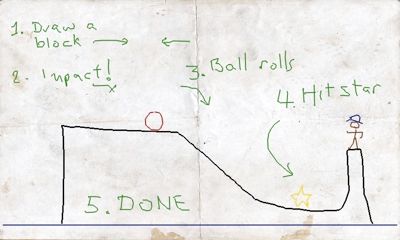
I've been using my N810 as sort of an universal communicator for a while now, and for this it has generally served well. The only thing I really miss is Skype video calls. But other than that, I haven't been using the tablet too much. In real-world usage I've found the browser way too unresponsive, and the RSS reader too...
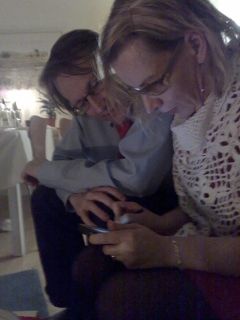
This is a guest blog by Outi and Jyrki Wahlstedt. I loaned my N800 to them in late December and here they write about their experiences with the device. Our Internet tablet is present almost imperceptibly in our life from dawn till dusk. It wakes us up in the morning, and tells news in the evening. It is small and...
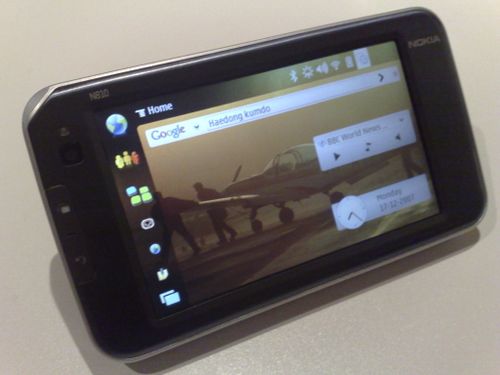
And I’m not talking about vodka this time, but instead about the latest internet tablet from Nokia, the N810. I’ve now had the device for some weeks, and it has really started to replace the laptop in many situations.

Nokia’s Linux-based internet tablet was Amazon’s best selling computer in 2007, and top 3 personal computer in holiday sales. Congratulations to the maemo team!
GigaOM has a very interesting article on the new N810 internet tablet, and how it will be relevant for the developing world:
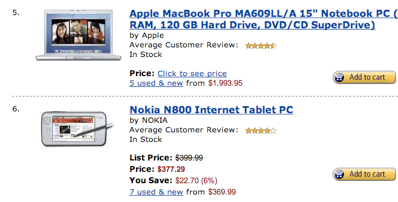
As a Maemo application developer, I of course wonder how many N800 or 770 internet tablets are out there. Nokia hasn’t released any figures as far as I know, but looking at Amazon’s Computers & PC Hardware top sellers, it seems that at least N800 is selling well. Today it was on sixth place, behind some different MacBook and Toshiba...
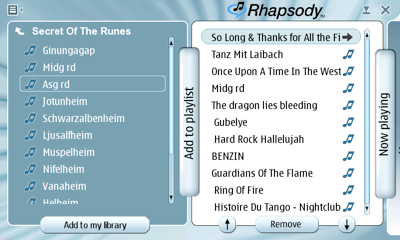
Rhapsody, the music subscription service from Real Networks is now available for Nokia’s N800 Internet Tablet. While so far the music library Kerttu and I have accumulated has been perfectly enough for me, I decided to give Rhapsody a shot.
I'm posting this with the Maemo Blog application. We had a lunch with Santtu who wrote it, and I tried to demo how it doesn't work with my blog. And suddenly it did! Reverse demo effect ;-)
N800, the successor to Nokia’s 770 Maemo-powered Linux internet tablet was apparently unleashed yesterday by CompUSA. While Nokia’s site is still quiet on the new device, there are already unboxing pictures out there. I’ve been using my 770 quite actively as a mobile internet terminal since I got it in February last year. While the software is occasionally buggy, it...
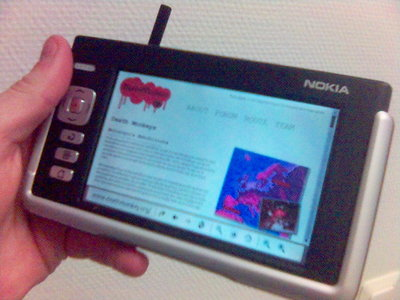
I had the Nokia 770 web browser device waiting on my desk as I returned from South Africa. 770 is a nice, small, Linux-powered internet appliance that is able to utilize either a WLAN connection, or mobile phone’s connection via Bluetooth.
Karoliina Salminen talks about WikiPedia and Nokia 770 being the real Hitchhiker’s Guide to the Galaxy:

















